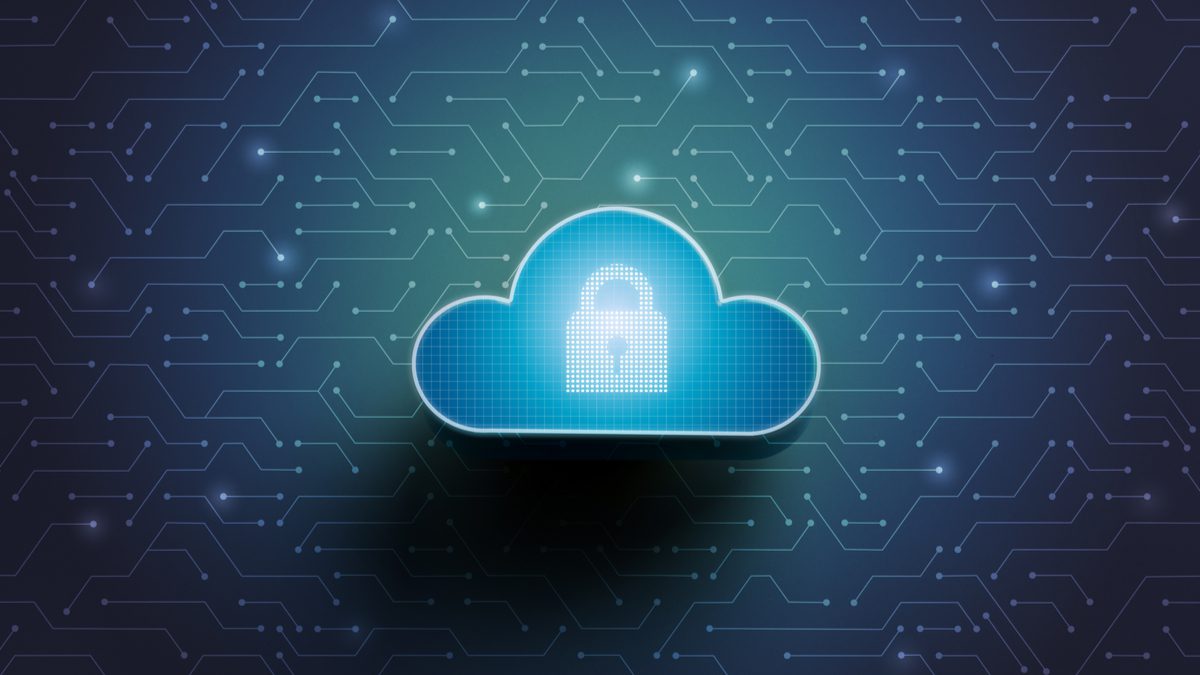
In today’s digital age, the way we manage and store data has undergone a transformative shift, and the cloud has emerged as a powerhouse in this realm. Cloud storage offers convenience, accessibility, and scalability, making it an attractive option for individuals and businesses alike. One paramount concern in this era of data dependency is security. How secure is cloud data? In this article, we delve into the intricacies of cloud data security, exploring the reasons why cloud-stored information is often deemed more secure than files stored on local devices.
Table of Contents
The Foundation: Robust Cybersecurity Measures
When it comes to safeguarding sensitive data, the cloud is proving to be a sturdy fortress. Cloud service providers invest significantly in cybersecurity measures that are far-reaching and multifaceted. These measures are designed to fend off an array of cyber threats that constantly loom in the digital landscape. With the surge in cyberattacks and data breaches, companies have ramped up their efforts to ensure that data stored on their platforms remains resilient against evolving threats.
Cyber Threat Intelligence: The Vanguard of Defense

Source: immuniweb.com
At the forefront of this cloud-based defense mechanism is cyber threat intelligence. By closely monitoring and analyzing potential threats, cloud providers gain a comprehensive understanding of the tactics, techniques, and procedures employed by cybercriminals. This proactive approach empowers them to anticipate and counteract threats before they escalate. Incorporating threat intelligence into their security infrastructure, cloud companies ensure that their clients’ data is shielded from both known and emerging threats.
The Cloud Advantage: Beyond Your Local Devices
Unlike files, images, and videos stored on personal devices, cloud data is not confined to the limitations of a single physical location. This characteristic itself bolsters its security. Local devices are susceptible to loss, theft, hardware failures, and accidents, which can result in data compromise. Cloud storage, however, operates on distributed networks with redundancies built in. This means that even if one server fails, your data remains accessible from other servers within the network.
Encryption: Locking Data in a Digital Vault

Source: pcworld.com
Encryption is a linchpin of cloud data security. Cloud providers employ robust encryption protocols to render data unreadable to unauthorized parties. Data is encrypted both during transmission and while at rest on the servers. This ensures that even if a malicious actor were to gain access to the data, they would be unable to decipher its contents without the encryption keys.
Access Controls: Fine-Tuned Permissions
Cloud services also excel in access control mechanisms. They allow users to define granular permissions, determining who can access, modify, and share specific data. This fine-tuned control minimizes the risk of unauthorized access. Additionally, multi-factor authentication adds an extra layer of security, requiring users to provide multiple forms of verification before gaining access to their accounts.
Constant Vigilance: Automated Monitoring and Threat Detection

Source: venturebeat.com
Cloud providers don’t rest on their laurels after setting up initial security measures. They employ advanced monitoring tools that continuously scan for anomalies, unauthorized access attempts, and suspicious activities. In case of any unusual behavior, these systems trigger alerts, allowing security teams to promptly investigate and take action if necessary.
The Human Factor: User Education
While cloud providers play a pivotal role in safeguarding data, users also have a part to play. Educating users about best practices in data security, such as creating strong passwords, being cautious of phishing attempts, and regularly updating software, can significantly enhance the overall security posture.
Conclusion: A Fortified Haven for Data
In the digital era, data security is non-negotiable. Cloud storage offers a sanctuary for your data, shielded by layers of sophisticated cybersecurity measures. With cyber threat intelligence as the vanguard, encryption as the lock, and access controls as the gatekeepers, cloud providers are engineering an environment where your data is likely to be more secure than on your own devices. As technology continues to evolve, so do the defenses against cyber threats, making cloud storage an increasingly attractive and secure option for preserving your valuable digital assets.
In a world where data breaches and cyberattacks have become ubiquitous, harnessing the security prowess of the cloud could be the key to safeguarding our digital lives. So, next time you ponder the security of your data, remember that the cloud is more than a nebulous concept – it’s a fortress of protection in an increasingly interconnected world.







